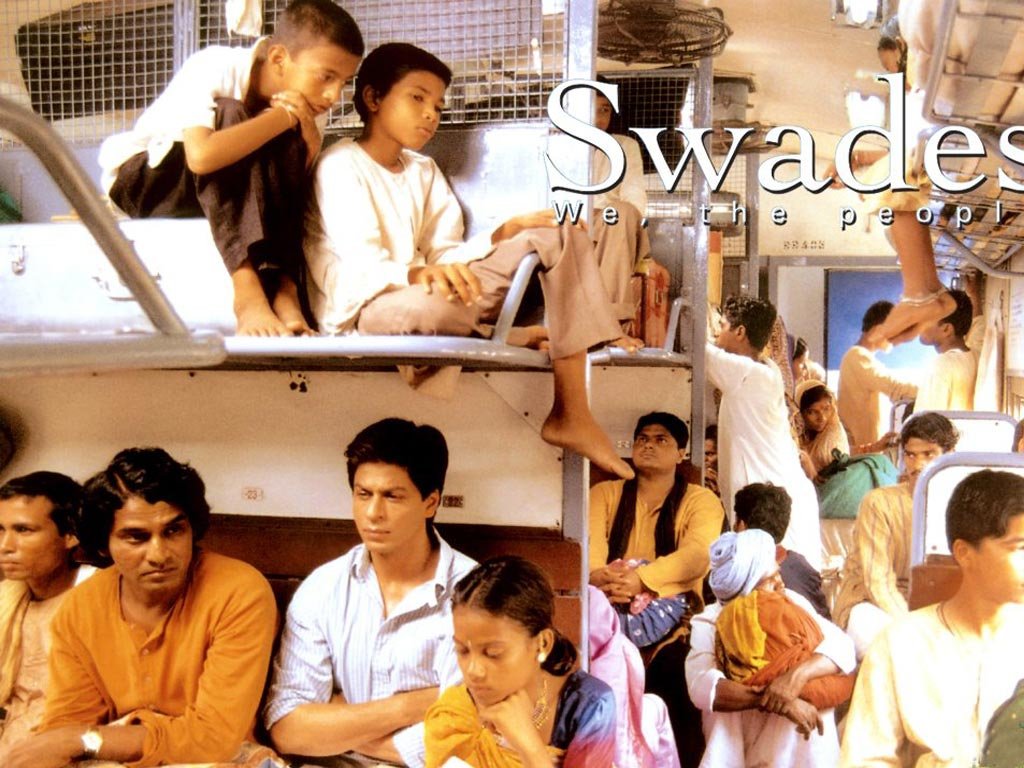


It would be naive and elitist to take the stance that a film like Swades is a vanity project, a glorified art film from a director who is preoccupied with preaching to the masses. There is no doubt that the film was a cry from an industry that, while making increasingly progressive movements in adopting a more sophisticated technical approach to the craft of filmmaking, is nevertheless burdened with the problems of challenging and creating new genres and film forms that appeal to the masses. Lagaan, primarily a critique on British imperialism, is a film steeped in Marxist ideology with the symbol of the village as a potentially liberating force of collective reaction and revolution. Lagaan, now considered a classic by many Western critics, was a monumental film because it transcended the limitations of mainstream Indian cinema by going forth into a direction in opposition to the populist cinema of the 'masala' film that still dominates Indian cinema today. Lagaan succeeded in not only finding an audience abroad but also letting the world know that Indian cinema was capable of producing films as universal in scope and thematic content as Hollywood and other national cinemas. I had been looking forward to Ashutosh Gowariker's next film ever since I was enthralled by the magic of Lagaan, his earlier film.

The refusal to review mainstream Indian feature films in many of the British newspapers may come from the rejection of Bollywood as a credible film industry, which is a shame considering Indian cinema produces some of the finest films in the world. And it was even more disappointing to see that Swades was totally dismissed by the British media. It was disappointing to read that Swades has been met with such a mixed and, at times, scathing critical response. Home > Movies > Reviews > Readers' review


 0 kommentar(er)
0 kommentar(er)
